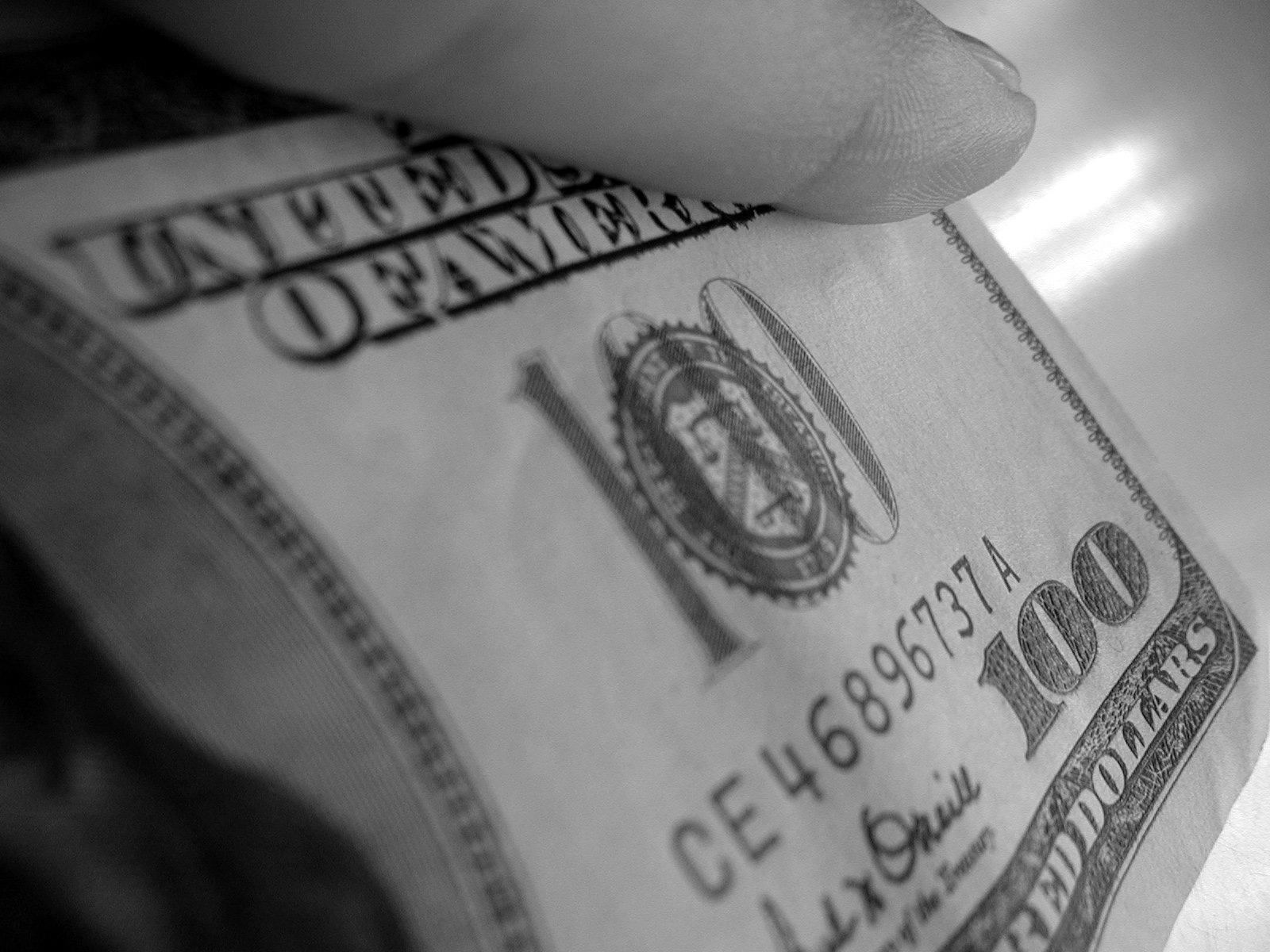Pound to fall, Dollar to rise

No one has a crystal ball of course but I believe the pound will fall this month and the dollar will rise.
Threats to the world’s largest economies of the US, the euro zone and China all stole market attention in 2012.
Now though, fears over a ‘hard landing’ in China have largely passed. In the euro zone, where expectations are very low, the threat of immediate collapse has diminished. The US has overcome the first of it’s fiscal hurdles, cobbling together a deal to see off sweeping tax rises.
The beating back of 2012’s biggest market threats, economists and political watchmen say, leaves the UK – which has a worsening fiscal profile and economy zig-zagging in and out of contraction – suddenly stark naked, exposed in markets’ peripheral vision.
The UK is not as lame, economically, as parts of Europe. But the eurozone periphery has already been through the market rinser, while the UK has not, clinging onto its AAA credit rating and safe haven status. The UK been let off lightly.
‘The UK’s failings are now more likely to grab attention’, said HSBC economist David Bloom in the bank’s 2013 outlook published yesterday, meaning that the pound’s ‘frailties will emerge from the shadows in 2013’.
Partly because of this wrangling over Europe, Britain earns a name-check in a list of top risks for 2013 compiled by political risk experts at Eurasia Group. They warn that Britain will become more marginalised in Europe as the eurozone countries play a bigger role. Eurasia Group lumps the UK in with Israel and Japan as the ‘JIBs’, ‘countries impacted most directly and problematically by changes now underway in the geopolitical order’. The trio sit on the margins of major events and aren’t in any position to do anything about it.
Few economists say the UK can survive 2013 with its AAA rating intact (the three major ratings agencies have all recently warned of a cut). Does that matter? It hasn’t always in the past for other countries such as the US, so opinions are divided. Citigroup has warned that a downgrade would heighten political risks and put chancellor George Osborne’s fiscal plans at risk.
Perhaps the scariest warning comes from RBS economist Ross Walker. He is worried about ‘an abrupt and even disorderly depreciation of sterling’ (which though benefiting struggling exporters, would bring a surge in inflation) if 2012’s worsening in the UK’s investment income surplus becomes more permanent and grabs the attention of currency markets.
This provides an ‘amber’ warning light for the pound and market perceptions around the economic health of the UK in general, Walker warns.
But even the more conventional concerns about the UK economy (weak growth, persistent inflation, tough external environment, lack of credit, weak wage growth etc) are proving enough to worry investors. Just under a third of financial advisers believe that stagnant or negative UK GDP Growth will be the biggest challenge to investment growth, according to a survey published today by investment management firm Baring, up by 11% since September.
Unfortunately, even the most upbeat counter-argument to this doom-leaden outlook can only muster hopes of a slight improvement in the UK economy. The most optimistic of City forecasters, Goldman Sachs, expects ‘sluggish’ GDP growth of 1.6% this year. Nomura, the most pessimistic, says it’ll be 0.4%.
Nigel Green deVere Group
Blog written 9th January